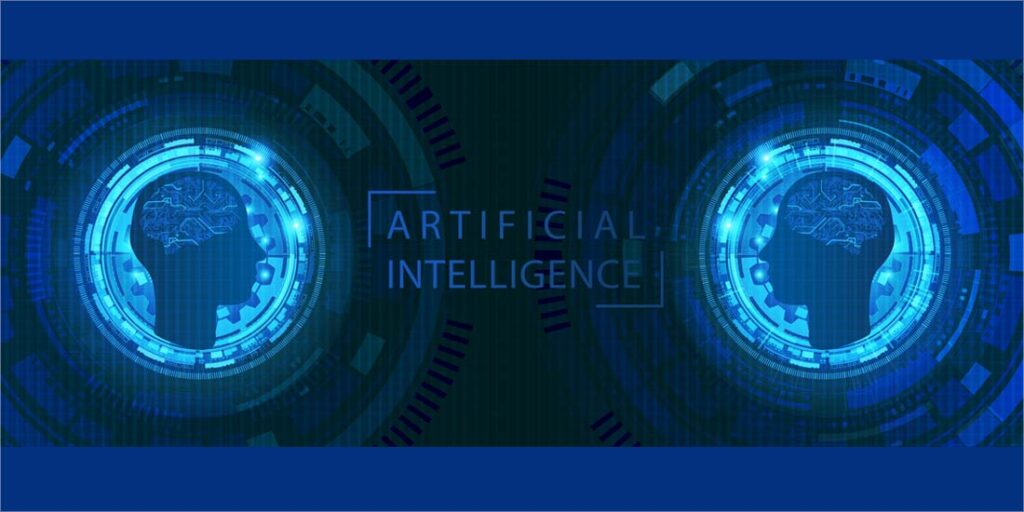IDC study sponsored by Unit4 reveals organizations must map out an AI DNA, create AI orchestrators and invest in experts versus managers, as part of a three-stage journey.

Unit4, a leader in enterprise cloud applications for people-centric organizations, launched an IDC InfoBrief, sponsored by Unit4, entitled “The Path to AI Everywhere: Exploring the Human Challenges,” illustrating the strategies required to successfully build an AI-fueled workplace of the future. Based on in-depth expert interviews and IDC’s global data-led insights, the research suggests productivity gains from task automation are only short-term, while the key long-term competitive advantage lies in rethinking how AI transforms work.
Path to AI Everywhere: Three-Stage Journey
IDC forecasts that by 2028, 80% of CIOs are expected to implement organizational changes to effectively utilize AI, automation and analytics, to foster agile and insight-driven digital enterprises. Despite this pressure, this study suggests most AI proof-of-concepts in 2024 have not made it into production. IDC argues the “Path to AI Everywhere” is a three-stage evolution, with each stage having different workplace impacts and requiring a focus on specific human skills.
Stage One: AI Assistants
- Workplace impact: AI tools are focused on executing tasks to deliver productivity benefits
- Human skills required: Employees need to develop effective prompt-writing to garner the best results, as well as an ability to apply data to execute tasks
Stage Two: AI Advisors
- Workplace impact: By this point, AI tools are focused on synthesizing information to deliver sophisticated insights to employees
- Human skills required: In this environment, staff must be able to manage multiple data sources & apply critical evaluation to develop coherent insights based on the output from the AI
Stage Three: AI Agents
- Workplace impact: With AI becoming pervasive at this stage, it will act autonomously to help employees deliver innovation and competitive advantage
- Human skills required: Employees must be able to orchestrate AI apps to interpret the insights and drive innovation for competitive advantage leveraging the support from these tools
Building an AI DNA: Introducing AI Orchestrators
If organizations are to maximize the effectiveness of AI investment, there are still obstacles to overcome:
- 43% of European and North American employees do not trust their employers to handle their data responsibly in the AI context
- 28% of European and North American employees are struggling to address fears of AI-driven layoffs
- 50% of survey respondents would need additional training to take full advantage of AI
Therefore, organizations must develop an AI DNA to provide the foundations for organizational culture, ensure the ethical use of AI and map out the roles and skills required to transform workflows and teamwork. New roles will include AI orchestrators to manage the relationship between AI and employees. They will oversee data strategies to confirm algorithms are using accurate sources and maintain policies to protect employees and companies from misuse of tools.
“For successful strategic AI adoption, organizations must be clear on the problems they want to solve and know that AI cannot replicate every aspect of human-to-human interactions or random situations unique to every business,” said Claus Jepsen, Chief Product and Technology Officer, Unit4. “At Unit4, we’ve built our AI DNA around ensuring AI empowers the potential of our people, focusing on pragmatic adoption that’s underpinned by human-centric design excellence.”
Download the full IDC InfoBrief HERE.
Sign up for the free insideAI News newsletter.
Join us on Twitter: https://twitter.com/InsideBigData1
Join us on LinkedIn: https://www.linkedin.com/company/insideainews/
Join us on Facebook: https://www.facebook.com/insideAINEWSNOW
Check us out on YouTube!




